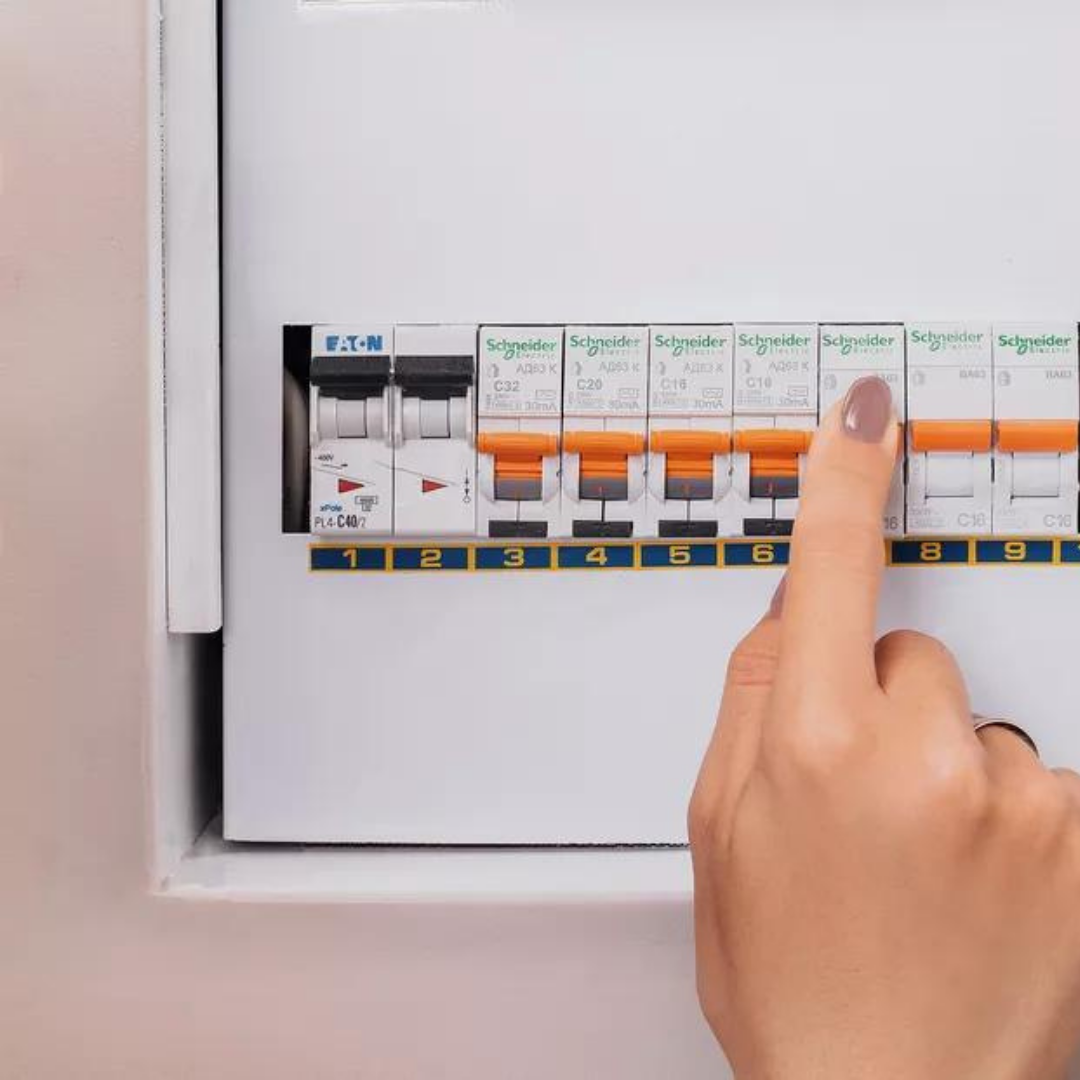Are you up to date with the new electrical legislation?
Legally Landlords must now ensure the electrical installation in residential premises is inspected and tested at intervals of 5 years.
As of 1st June 2020, the Government brought in new legal requirements for all residential properties to have regular installation inspections by a qualified and competent person. These electrical safety checks must be carried out at least every five years to remain compliant with current legislation. If ignored, Landlords can face huge financial penalties for non-compliance.
What does this mean for you?
- The national standards for electrical safety must be met as set out in the 18th Edition of the ‘Wiring Regulations’.
- The electrical installations must be inspected and tested every 5 years by a qualified and competent person.
- A report must be obtained from the contractor conducting the report and this must also be supplied to any new or existing tenants.
- Where necessary, any remedial works must be carried out within 28 days.
The EICR (Electrical Installation Condition Report) will only be applicable to ‘fixed’ electrical items such as outlets, consumer units and wiring. It would also include hard wired equipment such as electric showers and extractors if present at the property. The EICR would not consider any appliances at the property such as fridges or cookers although portable appliance testing (PAT) is recommended.
What is the purpose of the report?
- To check for any defective electrical work.
- To check if any installations are overloaded (such as a fuse board).
- To check for potential fire hazards or electric shock risks.
- To check if there is a lack of earthing or bonding to help prevent electrical shocks.
If the report is marked as satisfactory, there is no further action required to meet the national standards. However, if a report is marked as unsatisfactory, there are four classification codes to be aware of that will each indicate the severity of the works required.
What are the classification codes and what do they mean for you?
- Code One (C1) means the electrical installation is dangerous and immediate works are required.
- Code Two (C2) electrical installation is potentially dangerous and remedial works will be required within 28 days of the report.
- Further Investigation (FI) means further investigation is required and must be undertaken.
- Code Three (C3) means that remedial action is not required to satisfy the EICR, however there are improvements that could be made to the electrical installation.

